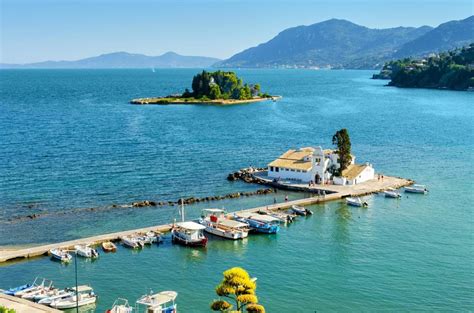
Spain Ends Golden Visa Program: A New Era for Investors
The Spanish government has officially decided to end its Golden Visa program, which has been in effect since 2013. This program allowed foreign investors to obtain residency permits in exchange for investments, particularly through purchasing properties worth €500,000 or more. This decision marks a significant shift in Spain’s approach to foreign investments in real estate.
Why Was the Golden Visa Program Abolished?
Spanish Prime Minister Pedro Sánchez emphasized that housing is a fundamental right and should not solely be a commodity for speculation. The Golden Visa program faced criticism for driving up property prices, especially in high-demand areas like Madrid, Barcelona, Valencia, Malaga, Alicante, and the Balearic Islands. By ending the program, the government aims to make housing more accessible to the local population.
Yusuf Boz’s Perspective
Investment advisor Yusuf Boz commented on this significant policy change:
“Spain’s decision to terminate the Golden Visa program reflects a strategic effort to stabilize the housing market and address rising property prices. While this move may seem restrictive for foreign investors, alternative residency programs and investment options are still available. Investors must adapt to these changes and explore new pathways to residency in Spain.”
The Scope and Impact of the Golden Visa Program
Launched in 2013 during Spain’s economic crisis, the Golden Visa program aimed to attract foreign capital. Investors who purchased properties worth at least €500,000, invested €1 million in Spanish businesses, or contributed €2 million to government bonds were eligible for residency.
However, the program’s implementation heavily impacted housing markets in major cities, limiting affordable housing options for local residents. By abolishing the program, Spain aims to address these imbalances and prioritize the needs of its citizens.
Alternative Residency Options for Foreign Investors
With the Golden Visa program coming to an end, foreign investors still have alternative options for residency in Spain. These include:
• Non-Profit Residency Permits:
Ideal for individuals who wish to reside in Spain without engaging in employment. Applicants must demonstrate financial stability and sufficient resources to sustain their living expenses.
• Digital Nomad Visa:
A recent addition to Spain’s residency options, this visa targets remote workers and entrepreneurs who wish to live and work in Spain while maintaining their income from abroad.
Additionally, foreign investors can still purchase property in Spain without restrictions. However, obtaining residency will now require navigating different legal pathways.
The Future of Golden Visa Programs in Europe
Spain is not the only country reevaluating its investor residency programs. Portugal has also announced plans to phase out its Golden Visa program. This trend signals a broader shift in Europe toward tightening regulations on investor residency schemes.
For foreign investors, this highlights the importance of exploring alternative programs and adapting to evolving legal landscapes. Staying informed and seeking professional advice will be key to making informed investment decisions.
Spain’s decision to abolish its Golden Visa program underscores its commitment to balancing the housing market and addressing affordability concerns for local residents. For foreign investors, this presents an opportunity to explore alternative residency options while continuing to invest in Spain’s thriving real estate market.
Yusuf Boz recommends that investors remain proactive, stay informed about legal changes, and seek professional guidance to navigate this new landscape. By doing so, they can make strategic decisions and leverage the remaining opportunities in Spain.





